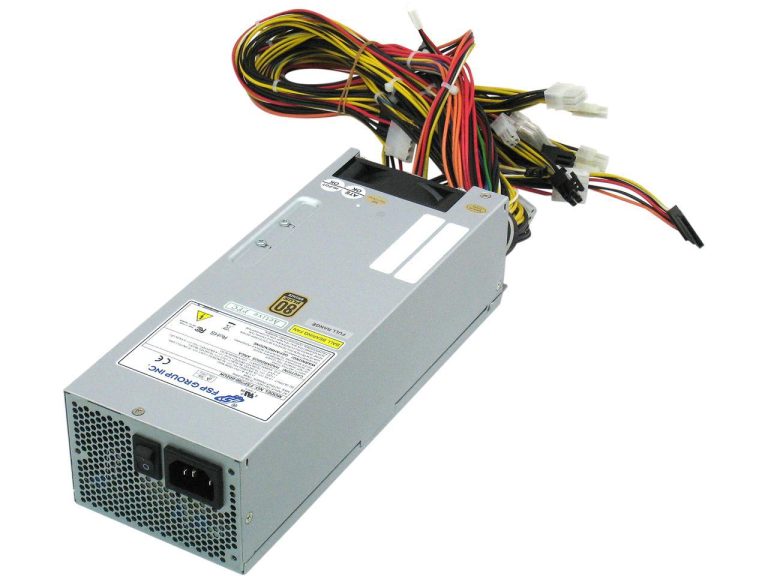
Finding the right Intellectual property lawyer can make all the difference in safeguarding your innovations, creative works, and business ideas. Intellectual property law is complex, covering patents, trademarks, copyrights, and trade secrets, and choosing the wrong attorney could result in costly mistakes or missed opportunities. This guide will help you understand the key considerations when selecting an intellectual property lawyer, ensuring your creative and business assets remain fully protected.
Understanding the Role of an Intellectual Property Lawyer
What an Intellectual Property Lawyer Does
An intellectual property lawyer specializes in legal issues related to the creation, protection, and enforcement of intellectual property rights. They assist clients in securing patents for inventions, registering trademarks for brands, and protecting copyrighted materials like books, software, and artistic works. Beyond registration, they handle disputes, licensing agreements, and infringement claims, providing crucial guidance to protect your business and creative endeavors.
Why Expertise Matters
Intellectual property law is highly specialized. A lawyer with extensive experience in patent law, for example, may not have the same expertise in trademark disputes. Choosing an intellectual property lawyer with a proven track record in the specific type of protection your business requires ensures you receive accurate advice and strategic support tailored to your unique needs.
Key Considerations When Choosing an Intellectual Property Lawyer
1. Evaluate Their Experience and Specialization
Look for a lawyer who has successfully handled cases similar to yours. Ask about their experience in patent prosecution, trademark registration, copyright disputes, or trade secret protection. A well-rounded intellectual property lawyer can offer insights into the best approach for protecting your assets while avoiding common pitfalls.
2. Assess Their Reputation and References
Research online reviews, client testimonials, and professional associations to gauge the lawyer’s reputation. Speaking with past clients can provide valuable insights into their reliability, communication skills, and ability to achieve favorable outcomes. A respected intellectual property lawyer will have verifiable references and a history of successful case resolutions.
3. Consider Communication and Accessibility
Effective communication is critical in legal matters. Your intellectual property lawyer should be responsive, explain complex legal terms in plain language, and keep you updated on your case. Accessibility also matters; you need a lawyer who can address urgent concerns promptly and provide guidance throughout the entire process.
4. Evaluate Cost Structures and Transparency
Legal fees can vary widely, so understanding a lawyer’s pricing structure is essential. Some intellectual property lawyers charge hourly rates, while others offer flat fees for specific services like trademark registration. Transparency about costs ensures there are no surprises and allows you to plan your budget effectively.
5. Check Their Knowledge of Technology and Industry Trends
In an era of rapid innovation, an intellectual property lawyer familiar with the latest technological trends can provide a competitive edge. Whether you’re developing software, biotech inventions, or creative media, a lawyer who understands your industry can anticipate challenges and recommend effective strategies to protect your intellectual property.
Questions to Ask Before Hiring an Intellectual Property Lawyer
What is Your Experience with Cases Like Mine?
Understanding a lawyer’s track record with similar cases can help determine their suitability. Ask about the outcomes of past cases and how they navigated complex intellectual property challenges.
How Will You Protect My Intellectual Property?
Discuss the specific strategies they would use to secure and enforce your patents, trademarks, or copyrights. This conversation ensures their approach aligns with your goals and business objectives.
What Are Your Fees and Billing Practices?
Request a clear breakdown of fees and billing practices to avoid unexpected costs. Transparency and clarity in financial matters are essential for a trusting client-lawyer relationship.
How Do You Handle Disputes and Infringement Issues?
Inquire about their approach to handling conflicts, including negotiations, litigation, and settlements. A proactive lawyer can prevent potential disputes and resolve issues efficiently when they arise.
Benefits of Working with a Knowledgeable Intellectual Property Lawyer
Protecting Your Innovations
A skilled intellectual property lawyer ensures that your inventions, creative works, and brand assets are legally protected, preventing unauthorized use by competitors.
Maximizing Business Value
Properly protected intellectual property can increase the value of your business, attract investors, and create additional revenue streams through licensing or partnerships.
Avoiding Legal Pitfalls
Intellectual property law is complex and constantly evolving. A knowledgeable lawyer helps you navigate regulations, compliance requirements, and potential infringement risks, reducing the likelihood of costly legal issues.
Long-Term Strategic Support
Beyond immediate protection, an experienced intellectual property lawyer can provide ongoing guidance, helping you develop a robust strategy to maintain and expand your intellectual property portfolio over time.
Conclusion: Make an Informed Choice
Choosing the right intellectual property lawyer is a critical decision that impacts your business, creative projects, and long-term success. By considering experience, reputation, communication skills, cost transparency, and industry knowledge, you can select a lawyer who will effectively protect your intellectual property and guide you through legal complexities. Investing time in finding the right professional ensures your patents, trademarks, and copyrights are secure, giving you peace of mind and the freedom to innovate with confidence.



